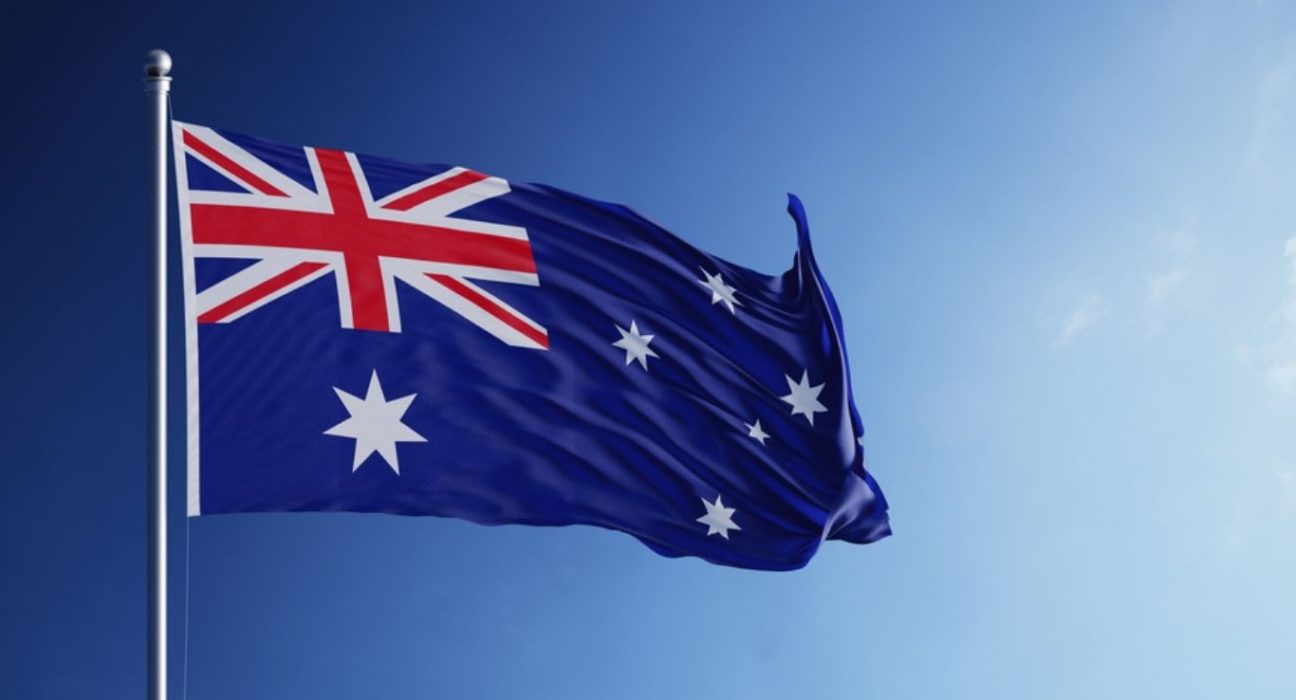Australia’s government is poised to announce its first budget surplus in 15 years on Tuesday, thanks to higher commodities prices and wages that have resulted in tax windfalls. The surplus of around A$4 billion ($2.71 billion) for the fiscal year ending in June is forecasted in the budget, along with smaller deficits for the subsequent years, according to excerpts seen by Reuters. The government is also expected to allocate funds for cost-of-living relief to address inflation’s squeeze on households.
However, despite the budget surplus, fiscal challenges still loom for Australia’s economy. Resource prices are well off their peaks, and the domestic economy is slowing due to high interest rates.
Resource Prices and Their Impact on Australia’s Economy
Australia’s economy relies heavily on natural resources, and any significant changes in resource prices can have a significant impact on the country’s fiscal health. The recent drop in resource prices is due to China’s economic slowdown, which has affected Australia’s iron ore and coal exports.
Although the budget surplus offers some relief, resource prices are a significant challenge that Australia must address. The government must find ways to maintain its fiscal health in the face of falling commodity prices, which could lead to future budget deficits.
Slowing Domestic Economy Due to High Interest Rates
Australia’s domestic economy has also been affected by high-interest rates, which have led to a slowdown in spending and investment. The Reserve Bank of Australia raised interest rates in 2018 in an attempt to curb inflation, which was at a seven-year high.
However, the move has had unintended consequences, and the domestic economy has slowed as a result. The government must find ways to stimulate the economy and encourage spending to prevent further slowdowns.
Addressing Fiscal Challenges
To address the challenges facing Australia’s economy, the government must take proactive steps. One solution is to diversify the economy away from its reliance on natural resources. The government can invest in other sectors of the economy, such as technology and services, to create new opportunities for growth.
Another solution is to manage government spending effectively. Although the budget surplus is a positive development, the government must avoid overspending in the face of future economic challenges. Careful management of government spending can help maintain the country’s fiscal health.
Conclusion
Australia’s expected budget surplus is a positive development for the country, but it is not without its challenges. Falling resource prices and a slowing domestic economy must be addressed to maintain the country’s fiscal health. The government must find ways to stimulate the economy and diversify away from its reliance on natural resources. Careful management of government spending can also help maintain Australia’s fiscal health in the long term.










